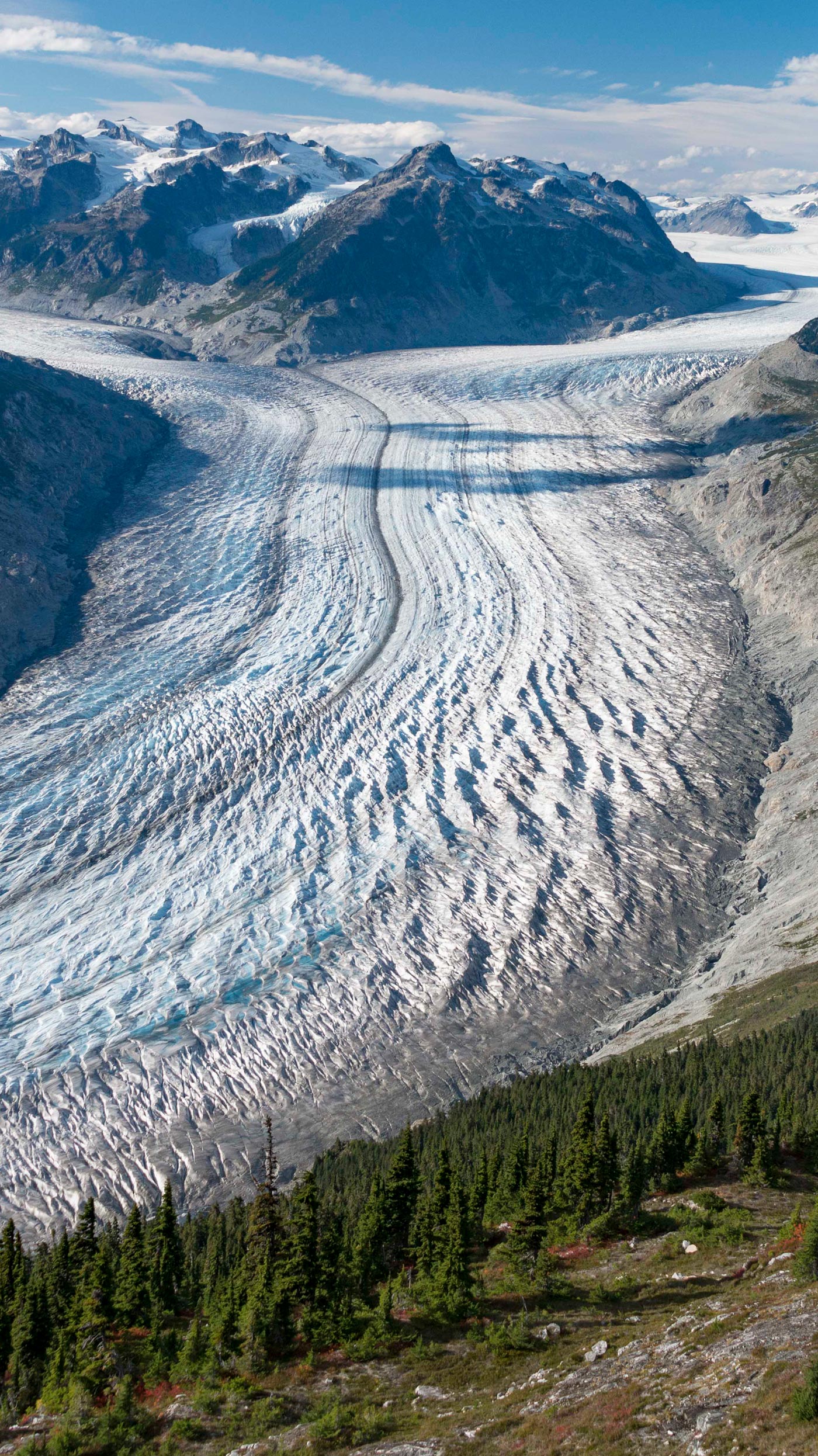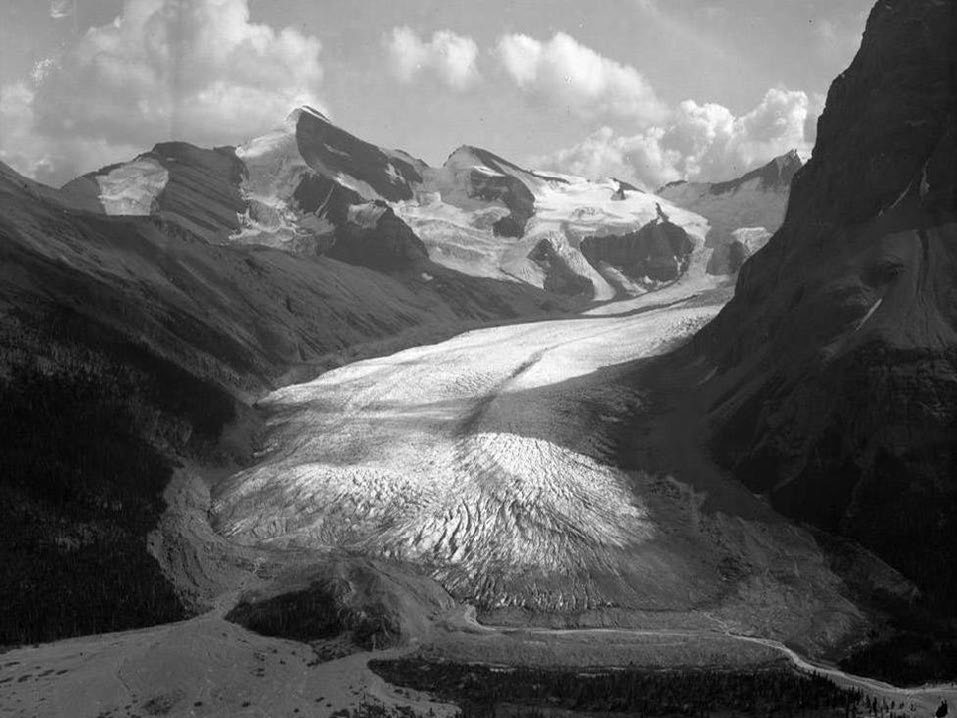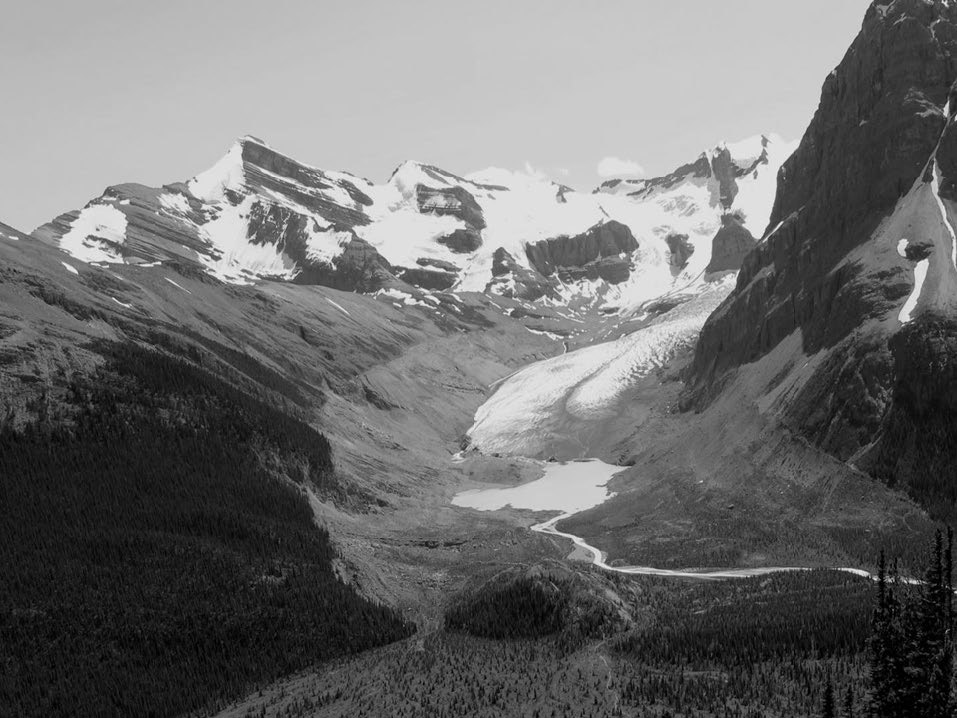BC On Track To Lose 70% Of Glaciers By 2100; Impacts On Ocean, Fishing, Rivers Will Be Profound
Last edited Wed May 12, 2021, 08:50 AM - Edit history (1)
 Klinaklini Glacier
Klinaklini Glacier
The climate crisis is shrinking glaciers around the globe at a rate that startles even scientists who study the process. In British Columbia, the transformative effects extend from mountaintops, down valleys and into coastal waters. The more experts learn about what’s happening, the more they realize the complex, challenging implications of The Big Melt. Brian Menounos, a glaciologist based at the University of Northern British Columbia and a Hakai Institute affiliate, is sounding the alarm. It’s his job to document the glacial decline, and provide the best information possible to prepare for a future when the critical benefits we reap from healthy mountain ice are no longer available.
EDIT
Using space-borne optical imagery, Menounos and his collaborators in 2018 for the first time detected a massive loss of glacial mass across much of Western North America during the last 20 years, including a four-fold increase in rate of glacial melt in just the last decade. Nowhere is the situation more dire than along the south and central Coast Mountains, a string of peaks that run from Vancouver to southeast Alaska. Menounos says the demise of our glaciers is being driven by two things: warmer temperature trends across the region, and less winter snowfall. He and his colleagues are particularly interested in how the timing and volume of fresh water from the cryosphere is changing as our climate changes.
These great seasonal pulses of fresh water are critical to life as we know it: coastal ecosystems along the length of the British Columbia coast have evolved in tandem with the cool rush of seasonal meltwater provided by thousands of snow-capped glaciers in the summer. While the melting of glaciers in places like Alaska — home to more glacial ice than all of Western North America combined — are thought to significantly contribute to sea level rise, the biggest concerns about losing our glaciers is we will lose a critical source of cold, fresh water to rivers and coastal ecosystems.

 The Big Melt is accelerating in the Rockies, too: Robson Glacier, northwest of Jasper, Alberta, photographed in 1911 (B.Harmon) and 2010 (R. Draper)
The Big Melt is accelerating in the Rockies, too: Robson Glacier, northwest of Jasper, Alberta, photographed in 1911 (B.Harmon) and 2010 (R. Draper)
EDIT
Bill Floyd says the Klinaklini is an unusually big glacier, which means it will last much longer than many smaller glaciers across Western North America, many of which are already disappearing. “There’s thousands of glaciers that are supplying water to relatively small watersheds [along the B.C. coast], and those are the ones that are going to change the soonest.” Floyd has been flying over the Coast Mountains for years, and describes the sight, now commonplace, of remote, nameless mountain basins of bare rock with cerulean-blue lakes at the base, bereft of ice that once clung to the edges year-round. He says on Vancouver Island where he lives, there are also multiple examples of small glaciers, like the Comox glacier, which are “ready to wink out” in the near future. “Many of these smaller glaciers,” he says, “won’t last 20 years.”
EDIT
https://thetyee.ca/big-melt/



